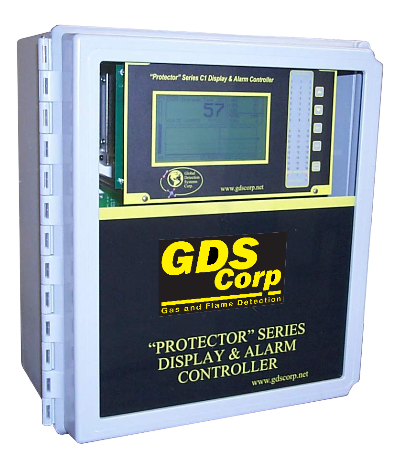- Home
- Services
- Communication & IT Systems
- Security & Access Control Systems
- PA/GA Systems
- Lighting Control & Guest Room Management System
- Building Mangement Systems
- Cloud Services
- Benq authorised service center
- Cybersecurity Services
- Signage/AV Services
- Oracle ERP Services
- Data Center Solutions
- IT Department
- Saudi High Commission for Industrial Security (HCIS)
- Partners
- Brands
- About Us
- Contact Us
- Insights
- Blogs
Call Us Any Time: +966-13-8055581
Email Us: sales@atkaal.com.sa
Our Office Location: Al Khobar, Kingdom of Saudi Arabia


 Fire Alarm and Gas Detection Systems
Fire Alarm and Gas Detection Systems
